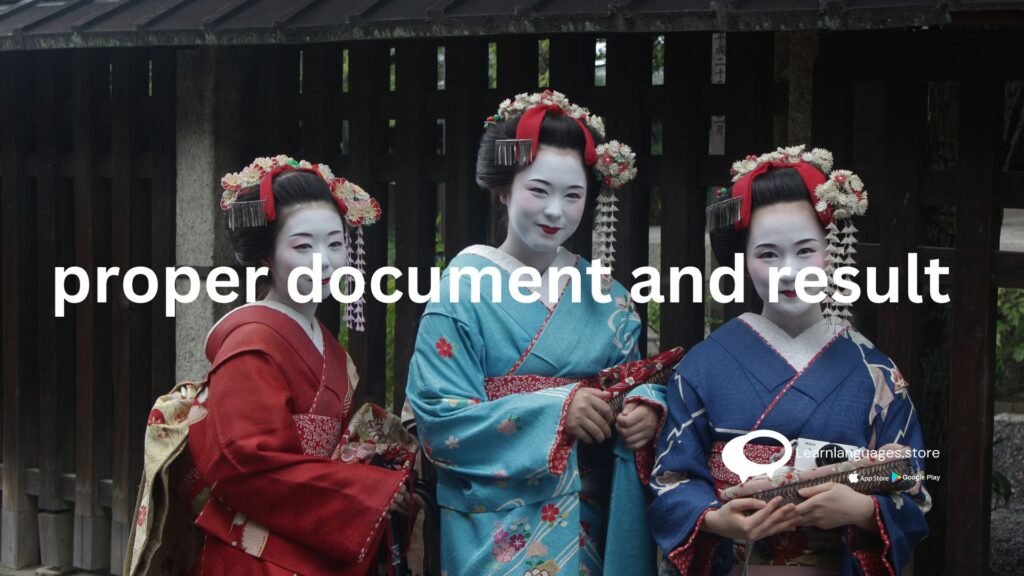What should foreigners do to get jobs in Japan?
What should foreigners do to get jobs in Japan?

Working overseas is a common aspiration, but not everyone is able to realise it. Why? There are numerous reasons for this, including language obstacles, cultural differences, a lack of adequate connections, and passport application issues, among others. Additionally, it depends on the country you have in mind. For instance, New Zealand’s Skilled Migrant Visa grants permanent residency to foreigners with exceptional skills and experience in order to address the country’s skills shortages; therefore, it would be much easier for a foreigner to find employment in New Zealand than in the United States, where former president Donald Trump suspended the issuance of new H-1B work visas.
Estimated reading time: 4 minutes
Japan is also seeking talented foreign employees to address the labour deficit caused by the nation’s ageing population. Therefore, people who choose to work overseas will discover the best employment prospects in Japan.
Nonetheless, there are certain things you will need to do or keep in mind when searching for a job in Japan, and this article will explain them.
how might learning Japanese help you obtain a well-paying job in Japan?

Before flying to a foreign nation for employment, it is prudent to familiarise oneself with the local language. As the majority of Japanese do not speak or comprehend English, you must be proficient in speaking and understanding basic Japanese conversation. Fortunately, India offers some of the greatest offline and online Japanese language and culture education. These Japanese Language Institutes, which are recognised by both the Indian and Japanese governments, may make you proficient in Japanese in about four to six months. After passing the Japanese-Language Proficiency Test, these institutes will also assist you in obtaining a suitable career in Japan. A command of the Japanese language can expand your job opportunities in Japan.
proper document and result
To enter Japan as a foreign worker, candidates must first get a “Certificate of Eligibility” before applying for a Work Visa or Long Term Visa. When applying for a Work or Long-Term Visa, the following documents are required:
A valid passport.
Certificate of qualification
A recent photograph of the applicant.
A letter from the sponsor or prospective employer.
A curriculum vitae.
Flight Plan Itinerary
Japan has one of the world’s longest working hours, according to a 2016 government survey. The Japanese are renowned for their work ethic. They believe in teamwork for the company’s advantage. Even in the workplace, courtesy, professionalism, and regard for superiors are essential. Therefore, you may wish to educate yourself on the Japanese work culture prior to your arrival.

Acquainting oneself with Japanese Culture and Customs:
To avoid experiencing culture shock in Japan, you should familiarise yourself with Japanese culture and practises. Before going to Japan to work, you should be aware of the following customs.
In Japan, bowing to one another demonstrates mutual respect. It can also be a greeting or salutation.
Never tip anyone, whether at a restaurant or a salon. If you tip them, they will feel insulted.
Before entering a person’s home, it is a significant Japanese custom to remove one’s footwear.
Understand that the locations of your chopsticks have meanings. For example, if you set your chopstick in your bowl or plate when you are not eating, it is a terrible omen because this is a funeral custom.
Even spitting in a public area is punishable by imprisonment or a fine of 10,000 yen in Japan, a country where littering can land you in jail or cost you a fine of 10,000 yen.
Now that you know what you must do as a foreigner to find employment in Japan, we wish you the best of luck.
Learn Languages Store
Vashi,
Email: services@learnlanguages.store










